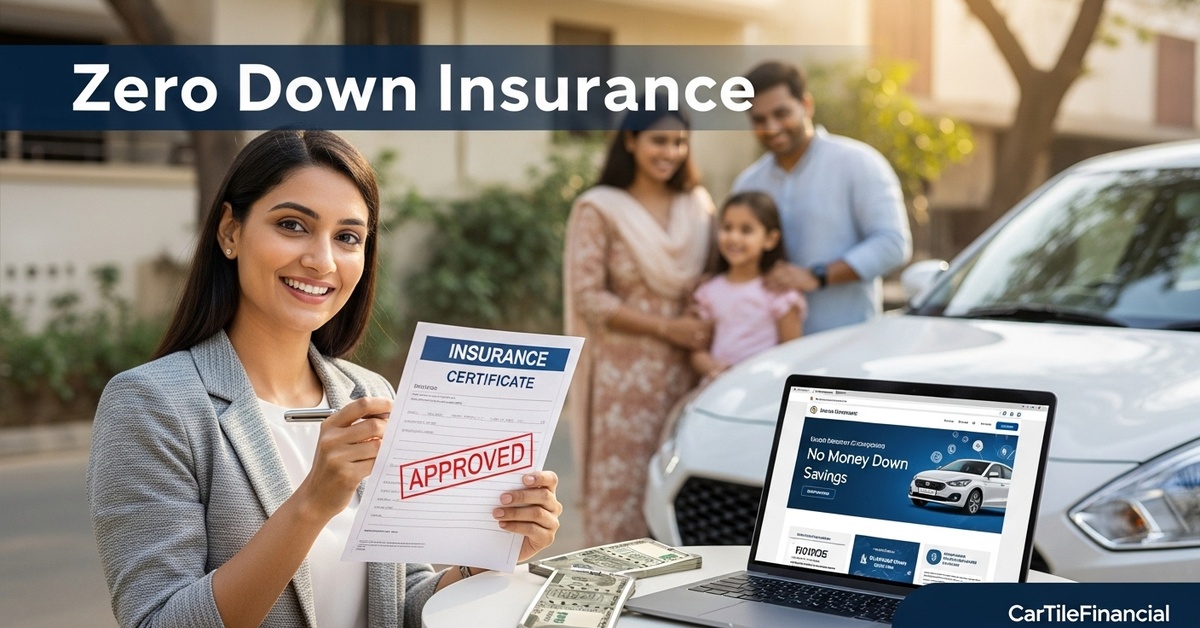Drivers are now seeking car insurance without big upfront payments. This “no money down” option is trending. It lets you get coverage right away. You do not pay your first bill immediately. This helps many people needing quick insurance.
This payment plan is also known as “zero down” or “no deposit” insurance. It changes when you pay your first bill. Instead of paying at signup, you pay later. Some companies let you delay this payment for a few weeks. It makes getting insured much easier for some.
How “No Money Down” Car Insurance Works
You still pay for your insurance. The difference is the timing. You just defer your first payment. This means you push the due date back. Most often, you pay monthly after that. This plan helps drivers with tight budgets.
Finding this option can vary. Not all insurance companies offer it. State laws also play a role. Some states may not allow truly zero upfront costs. You might still need a small initial payment. This payment is far less than a full first month.
Think of it like a short-term loan for your first premium. You gain immediate coverage. Then you manage the cost over time. It is a popular choice for budget-conscious drivers today.
Why Drivers Choose Deferred Payments Now
Life happens fast. Sometimes you need car insurance quickly. You might not have cash for a large down payment. This plan solves that problem. It gives you legal coverage without delay.
Many people find it easier to spread out costs. They can budget better this way. It avoids a big financial hit all at once. This flexibility is a major draw for drivers. It keeps them on the road legally.
However, insurers usually look at your financial health. They check things like your credit. They want to ensure you will pay later. So, a good credit score often helps you qualify. Steady income also makes a difference.
Car insurance payments can affect your credit score. Missing payments could hurt it. Experian explains how car insurance payments affect credit. Always pay your bills on time.
The Real Costs of Zero Down Coverage
While attractive, “no money down” can sometimes cost more. Insurers take on more risk. They might charge higher premiums overall. This covers their risk if you do not pay. Always compare quotes carefully.
Read all the policy terms. Look for any hidden fees. Some companies add charges for monthly payments. Others might have higher rates for this option. Understanding these details is key.
You still need to meet state minimums for coverage. The Insurance Information Institute details auto insurance basics. This helps you choose the right amount of protection. Zero down just changes when you pay your first bill, not your coverage needs.
This trend helps many drivers. It provides a flexible payment solution. Just be sure to weigh the benefits and costs. Compare options to find the best deal for you. Paying on time protects your finances.










